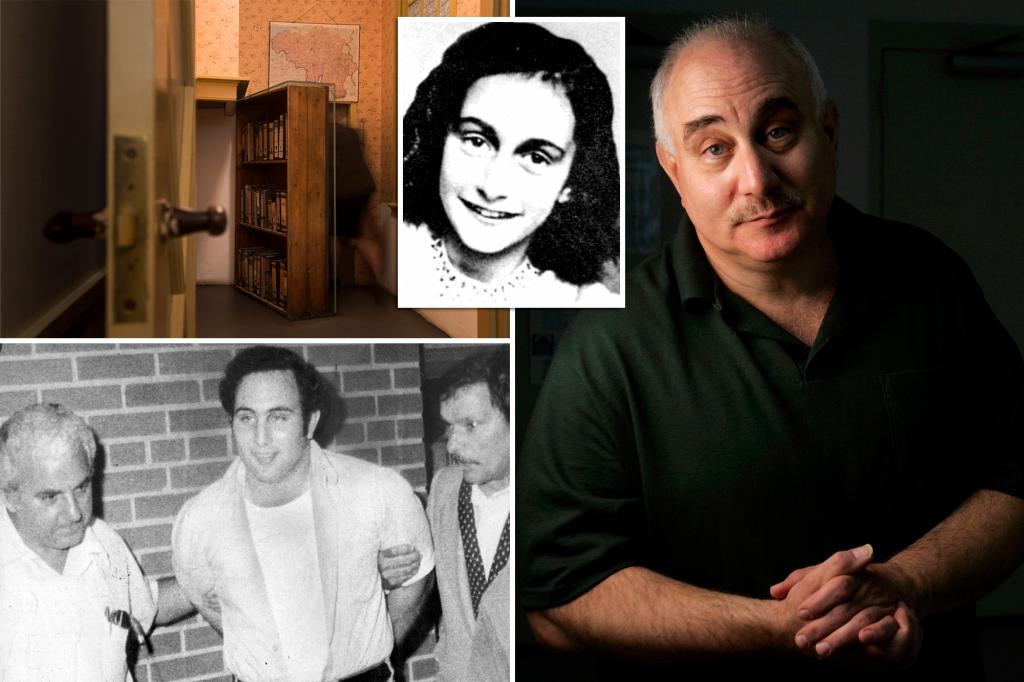David Berkowitz, also known as Son of Sam, has compared his time in prison to that of Anne Frank’s captivity. Berkowitz expresses that Anne Frank’s diary has been the most inspirational book for him during his incarceration. He admires the impact that Anne Frank had on the world with her writings and wonders if he can also inspire others with his own messages of hope and faith in God. Berkowitz feels a sense of responsibility to use his time in prison to positively influence others, and he sees his typewriter as a tool for changing lives.
Berkowitz’s reign of terror began in 1976 with his first murder followed by a series of attacks that left six people dead and seven wounded. His chilling taunts to the media, claiming to be “The Son of Sam,” spread fear throughout the city. Panic ensued, with women changing their appearances, and authorities launching a massive manhunt to find the elusive killer. Berkowitz’s capture came after he was ticketed for parking near a fire hydrant, leading police to his Yonkers home. He surrendered to police, revealing his identity as David Berkowitz.
In prison, Berkowitz experienced a spiritual transformation and found faith in Jesus. He now serves as a chaplain’s clerk and preaches messages of forgiveness, redemption, and hope to other inmates. Berkowitz has taken on a role as a father figure or older brother to younger inmates, providing guidance and support to those in need. Despite being sentenced to 547 years in prison, Berkowitz remains hopeful and committed to making a positive impact during his time behind bars.
Berkowitz’s eligibility for parole came in 2002, with hearings held every two years to determine his release. Although he knows his chances of being released are slim, Berkowitz continues to attend the hearings to show respect for the process and express remorse for his past crimes. He sees the parole hearings as an opportunity to share his faith in God and the power of forgiveness, healing, and restoration, even for the most serious offenders. Berkowitz remains dedicated to using his experiences and his faith to make a difference in the lives of others.
Berkowitz reflects on his troubled past and the murders he committed, expressing a sense of regret and shame for his actions. He acknowledges the pain and suffering he caused to the families of his victims and understands the gravity of his crimes. Berkowitz’s story serves as a cautionary tale of the devastating consequences of violence and the importance of seeking redemption and forgiveness. Despite his dark past, Berkowitz’s journey of faith and transformation in prison highlights the possibility of finding hope and light even in the darkest of circumstances.
As Berkowitz faces the parole board for the 12th time, he grapples with his past and the impact of his actions. He recognizes the need to take responsibility for his crimes and seek forgiveness for the harm he has caused. Berkowitz’s story serves as a reminder of the complexities of the human experience and the capacity for growth, redemption, and healing. Through his writings and public statements, Berkowitz offers a message of hope and faith, demonstrating that even in the midst of darkness, there is a potential for renewal and change.


